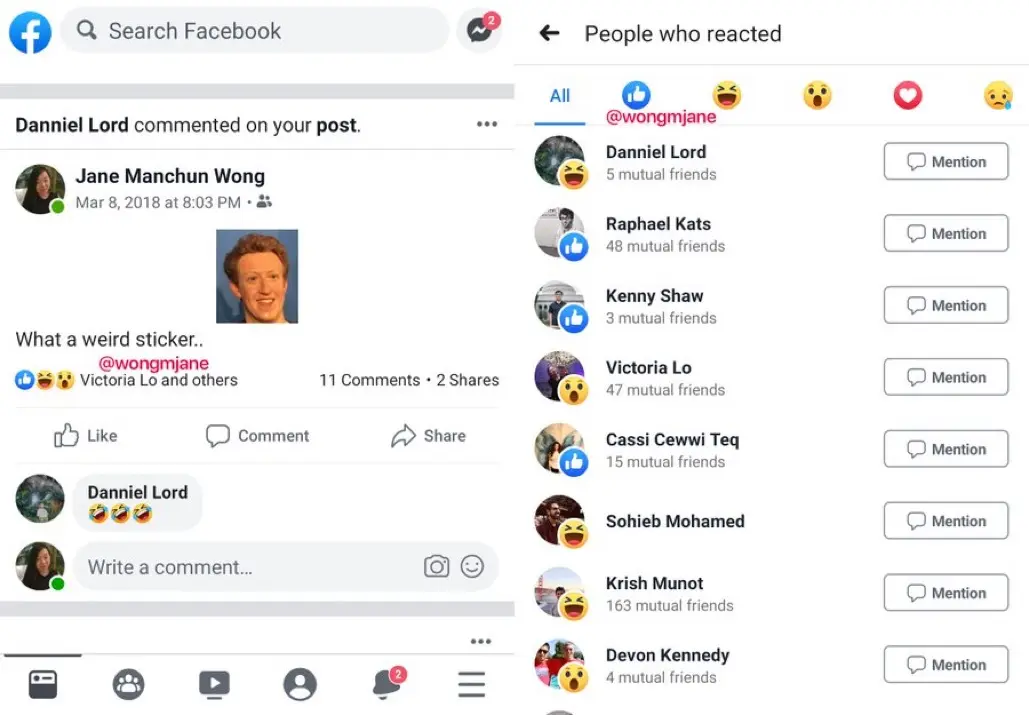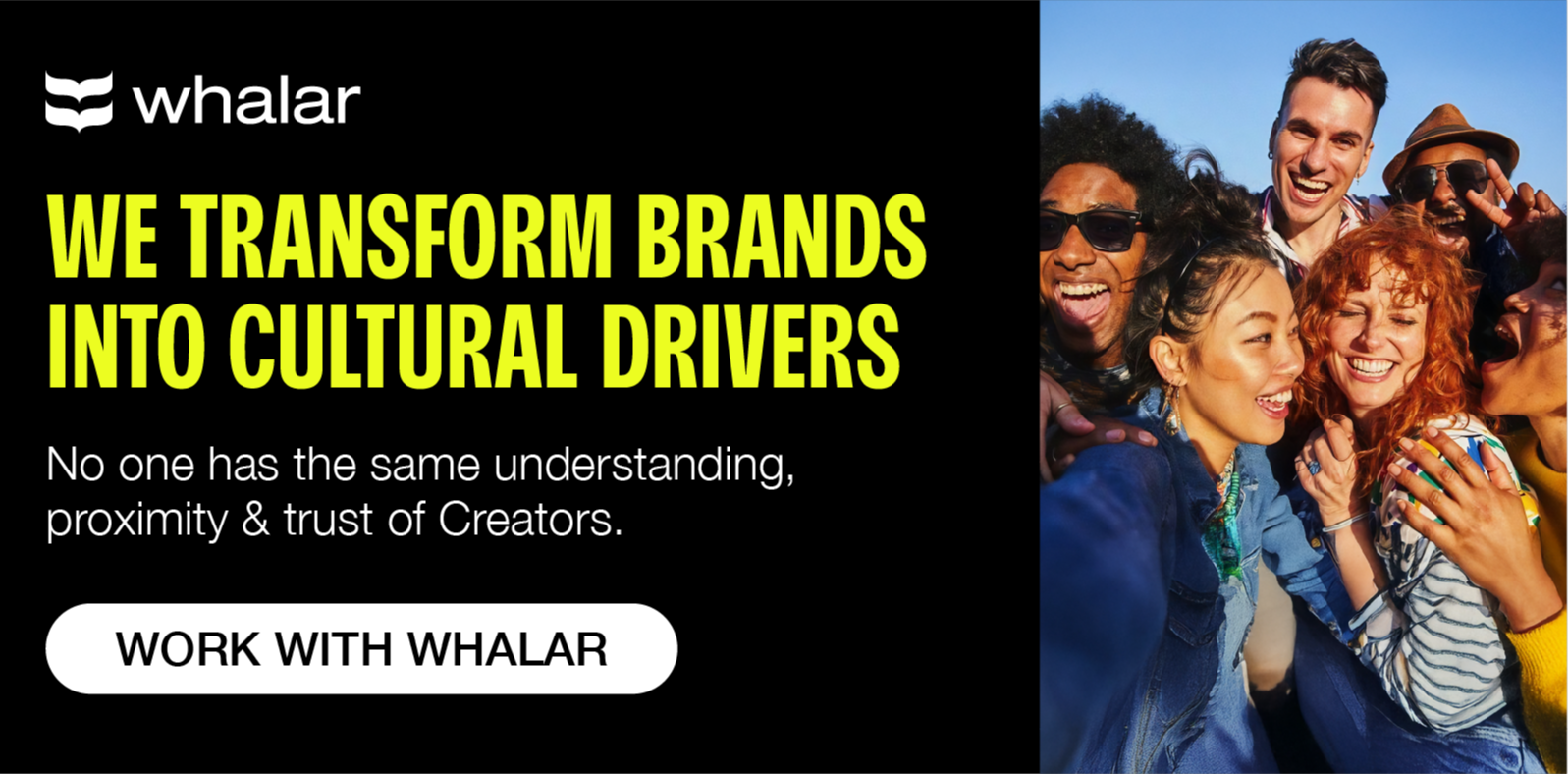Instagram has recently set the world of social media abuzz with an experiment it is currently trying out across a selection of countries. It has removed the Like count from public view on Instagrammers' accounts. This s a significant change in policy and has the potential to alter completely the way we look at success on social media. It has sent shivers down the spines of many marketers, although the reality may not be as dreadful as things first appeared.
Instagram's Experiments With Removing Like Counts. Is Life Over for Influencers?
Who Has Already Lost Instagram Like Counts?
In most of the world, Instagram users still see the total number of people who like a post. Whenever somebody clicks on the Like button for that post, the running number of likes will jump by one.
Instagram launched a trial to change this in May 2019 in Canada. They have subsequently introduced an even more restrictive test to include Australia, New Zealand, Ireland, Italy, Japan, and Brazil (a somewhat eclectic selection of countries, with only Australia and New Zealand being neighboring nations).
In these countries, users merely see a user name "and others" below posts. By default, Canadian users can still opt out of the experiment and show their likes publicly. Users in the second batch of countries have apparently lost this option, although the test differs across the countries involved. The Search Engine Journal has pondered whether Instagram is A/B testing the effects of showing no likes versus some likes.
The new feature hides users’ public like counts on videos and photos in the Feed, on the web, and within profiles. “As you scroll through your feed, there are no like counts,” explained Mark Zuckerberg. "You can see who liked a photo or video, you can tap through to see [the list], and if you have the time, you can add them all up yourself."
Why is Instagram Removing Like Counts?
Instagram has instigated this move to force users to concentrate on creating better content rather than just worrying about whether the content they share generates numerous likes. According to Dr. Dustin York, Assistant Professor of Communications and Director of Undergraduate and Graduate Communications Programs at Maryville University, Instagram, "also mention[s] their hopes for supporting mental health.”
Mia Garlick, Facebook Australia, and New Zealand director of policy said in a statement that, "We hope this test will remove the pressure of how many likes a post will receive, so you can focus on sharing the things you love." The goals of the trial are for users to feel less judged and also "whether this change can help people focus less on likes and more on telling their story."
At the time of the initial Canadian trial, Instagram chief Adam Mosseri said: "We want people to worry a little bit less about how many likes they're getting on Instagram and spend a bit more time connecting with the people that they care about."
The problem was that many people equated the numerb of Likes a post received with its popularity. Academic studies showed this instant feedback would affect people's esteem, but the lack of Likes could have a similarly negative effect.
The move is also partly to discourage marketers from utilizing fake influencers/followers.
What Will the Impact be on Digital Marketing?
Businesses may need to adapt their marketing techniques to make allowance for the change. According to Dr. York, “You must be comfortable with change… The change in how you communicate with customers just happens much quicker now.”
Dr. York thinks there may be a need to shift some of your marketing from influencers to sponsored posts. “Although Instagram will never say this, it is reasonable to think they are making this change to support their business.”
Lia Haberman, formerly VP Audience Development at Livestrong, has similar views. She believes that the change may result in a shift from influencer marketing to paid Instagram advertising.
Following some of the traditional content marketing basics will help, too. Create blog posts and social media posts full of interesting information that readers can use. Avoid using too much salesy writing.
It is crucial to remember, however, that Instagrammers can still view the number of likes their own posts receive. The data isn't hidden completely (depending on the trial country) – it just isn't accumulated together as a single Liked figure available for everybody to see. Users in most nations can still see the list of people who liked other people's content by clicking into it.
The trial doesn’t affect measurement tools for business.
It is also crucial to remember that we have used Instagram Stories for marketing for years now, despite a lack of any visible public metrics. The lack of metrics hasn't stopped Instagram Stories becoming a favorite tool for influencer marketers. The lack of Likes puts the focus back on the quality of the content.
It may, however, make it more difficult for some people to find Instagram influencers. It is harder to gauge how engaged an influencer's community really is.
Will This Harm Influencer Marketing?
If you were using fake influencers with fake followers, this change would definitely harm your influencer marketing. However, if you work with genuine influencers who are thought leaders in their niche, then it is unlikely to make much of an impact.
Dr. York suggests that existing users of influencers test to see whether the changes have made an impact. “When the change comes, test a percentage of your budget you were using on influencers on sponsored posts. Then compare your traffic/engagement/metrics from your influencer budget to your sponsored post budget.”
Dr. York expects one noticeable change, however. He thinks that influencers will encourage their users to make more comments now so that there is still one accurate measure of engagement visible to all.
We’re currently running a test that hides the total number of likes and video views for some people in the following countries:
✅ Australia
✅ Brazil
✅ Canada
✅ Ireland
✅ Italy
✅ Japan
✅ New Zealand pic.twitter.com/2OdzpIUBka— Instagram (@instagram) July 17, 2019
Of course, some people see this as all doom and gloom for influencer marketing. According to i-D, “We all know that the glossy, sanitized versions of our lives people share with the world on Instagram are unrealistic: maybe, just maybe, it's a step in the right direction for the controversial social media platform. Just don't forget to shed a tear for the influencers..”
Mel Brittner, a social media strategist at Later, believes, “Businesses on Instagram will have to be more creative in analyzing data and get specific about what content is actually driving the business, and supporting your business goals.”
Australian Instagram model, Mikaela Testa, has expressed unhappiness at the change. "Regardless of what you may think, Instagram is a REAL job and those in the industry have worked hard to get where they're at," she wrote. "I've put my blood, sweat, and tears into this for it to be ripped away, it's not just me suffering too, it's every brand and business I know."
She then followed this up with a video meltdown where she talked about some of the hateful comments and DMs she had received as a result of her views.
Will Facebook Also Remove Like Counts?
Instagram is, of course, a Facebook asset. So it is inevitable that Facebook will take a close look at the experiment.
Reverse engineering master, Jane Manchun Wong, noticed Facebook prototyping hidden Like counts in its Android app. TechCrunch asked Facebook about this, and they confirmed that the company is considering the removal of likes from Facebook.

Facebook prototypes hiding like counts [via Jane Manchun Wong]
It now looks that even YouTube is jumping on the bandwagon. They are now phasing out exact subscriber numbers for accounts with more than 1,000 subscribers. Creators will still be able to see their precise subscriber numbers in YouTube Studio and YouTube analytics, however.
Other Instagram Plans to Stop Online Bullying
Instagram is bringing in a new feature that it hopes will force online bullies to think about what they are doing. For example, if you were to write a comment saying, "You are so ugly and stupid," Instagram would send you a notice saying: "Are you sure you want to post this? Learn more". If the person clicks on "Learn More," they will be sent to a page saying, "We are asking people to rethink comments that seem similar to others that have been reported."
Trials of the feature have reportedly worked and encouraged people to undo their comment.
Instagram has used artificial intelligence to detect bullying and other types of harmful content for years.
Instagram is also set to introduce another tool, called Restrict. Instagrammers can use this tool to filter abusive comments without having to block other users.





